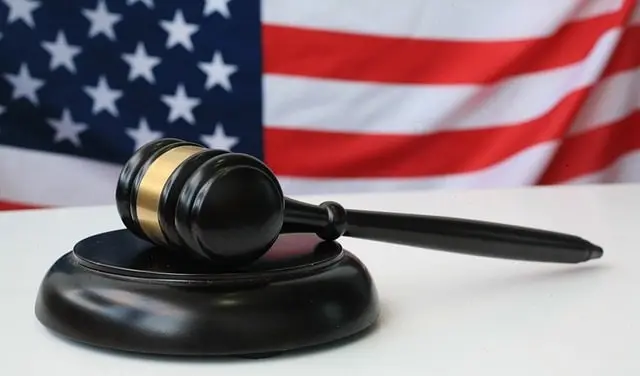In a significant legal battle, Roof Maxx Technologies has achieved a landmark victory against Greener Shingles and its owner, Bruce Robinson. The lawsuit, which centered on allegations of deceptive trade practices and false advertising, resulted in the Delaware County Court awarding Roof Maxx over $8 million in damages. This case not only highlights issues of business ethics in the roofing industry but also serves as a critical reminder of the importance of accurate advertising and the legal consequences of misinformation.
Background of Roof Maxx and the Lawsuit
Roof Maxx, founded by Mike Feazel, specializes in a unique roof rejuvenation treatment that extends the life of asphalt shingles. The company claims that its plant-based, food-grade product can add up to 15 years to the life of a roof when applied every five years. This innovation has positioned Roof Maxx as a pioneer in the sustainable roofing market.
In late 2020, Roof Maxx initiated legal action against Greener Shingles, alleging that the company engaged in deceptive practices by making false claims about Roof Maxx’s products and spreading misinformation to consumers and businesses. The lawsuit specifically accused Greener Shingles of:
- Tortious Interference: Interfering with Roof Maxx’s business relationships by making false statements about its products.
- Deceptive Trade Practices: Violating Ohio’s Deceptive Trade Practices Act through misleading advertisements and communications.
- Destruction of Evidence: Destroying key documents, including emails and other communications, that were critical to the case.
Key Findings from the Court Case
After extensive proceedings, the court found Greener Shingles guilty on several counts:
- Deceptive Marketing: The court determined that Greener Shingles had intentionally made false and misleading statements about Roof Maxx’s product effectiveness, significantly impacting consumer perceptions.
- Spoliation of Evidence: The admission by Greener Shingles and Bruce Robinson regarding the destruction of evidence was a critical factor in the court’s ruling, demonstrating a clear intent to mislead the court and obstruct justice.
As a result, the court awarded Roof Maxx $7,838,268 in damages along with $164,119 in attorney fees.
Implications of the Ruling
For Roof Maxx
The ruling is a substantial win for Roof Maxx, validating its claims and providing a significant financial settlement. The victory not only strengthens Roof Maxx’s market position but also serves as a deterrent against future deceptive practices by competitors. Furthermore, Roof Maxx plans to pursue additional legal actions against other companies that may engage in similar unlawful practices.
For the Roofing Industry
This case sets a precedent in the roofing and construction industries, emphasizing the need for ethical advertising and accountability. Companies are now more likely to face legal repercussions for false advertising and misleading claims. The ruling may encourage more transparency in marketing practices across the sector.
Legal and Consumer Perspectives
From a legal standpoint, the case underscores the importance of evidence in litigation, particularly regarding spoliation. It also reinforces the responsibility of businesses to ensure that their marketing practices are truthful and comply with consumer protection laws. For consumers, this case serves as a reminder to scrutinize product claims and hold companies accountable for their marketing practices.
The Future of Roof Maxx and Greener Shingles
Following this significant judgment, Roof Maxx is poised to enhance its reputation as a trustworthy provider of roofing solutions. The company has expressed a commitment to maintaining high standards of transparency and customer satisfaction. On the other hand, Greener Shingles may face challenges in regaining consumer trust and navigating the consequences of the court’s ruling, including potential further legal actions.
Conclusion
The Roof Maxx lawsuit against Greener Shingles marks a pivotal moment in the roofing industry, illustrating the serious implications of deceptive advertising and the critical importance of maintaining ethical business practices. As the dust settles from this high-profile case, both consumers and businesses will likely reflect on the lessons learned, reinforcing the need for accountability and integrity in marketing and product representation.


